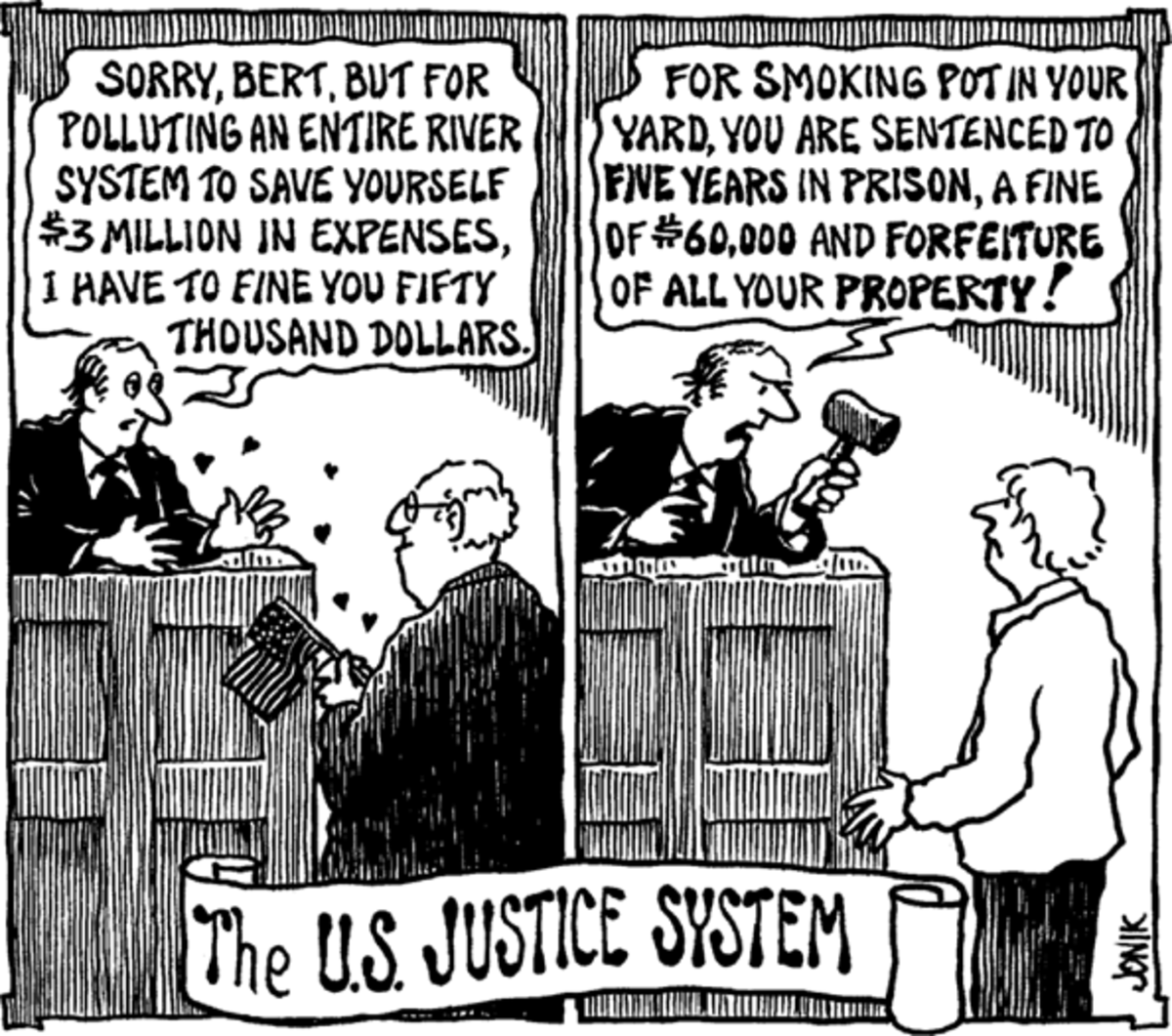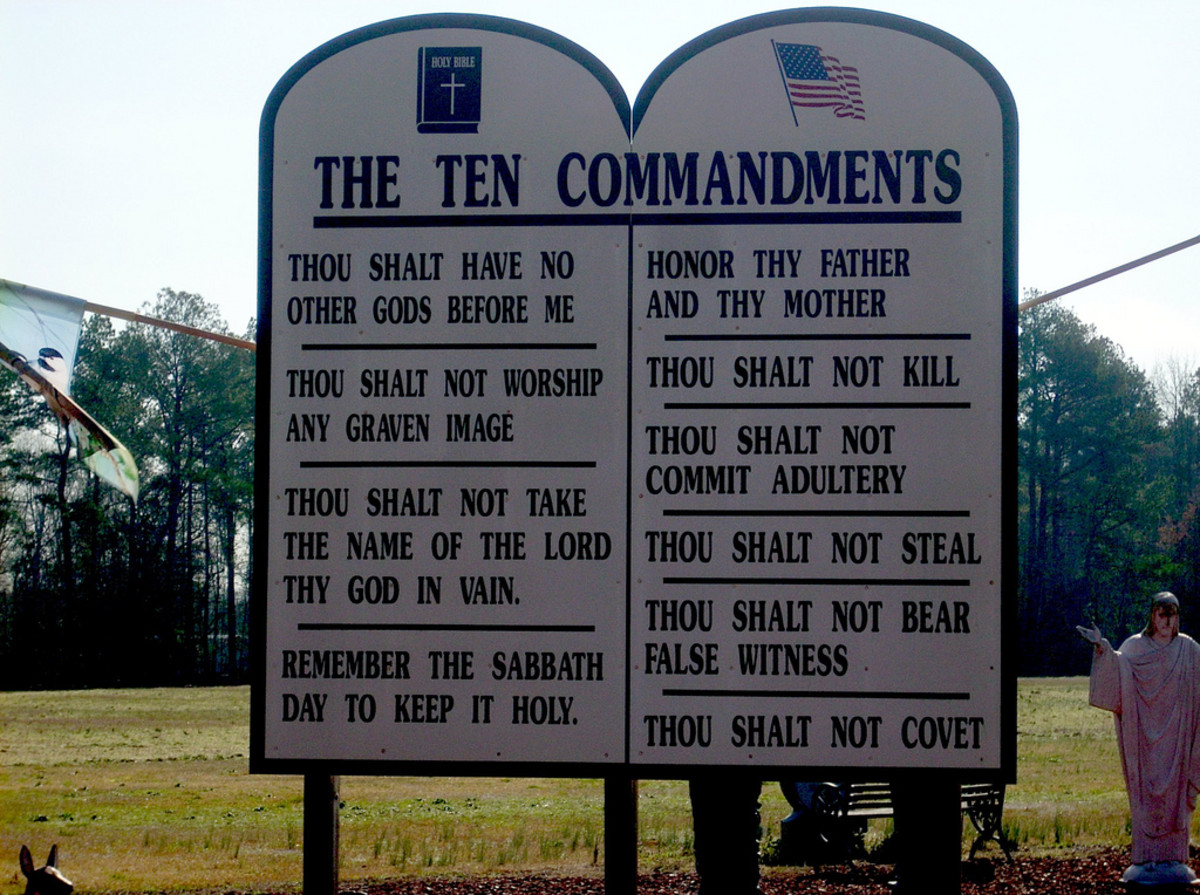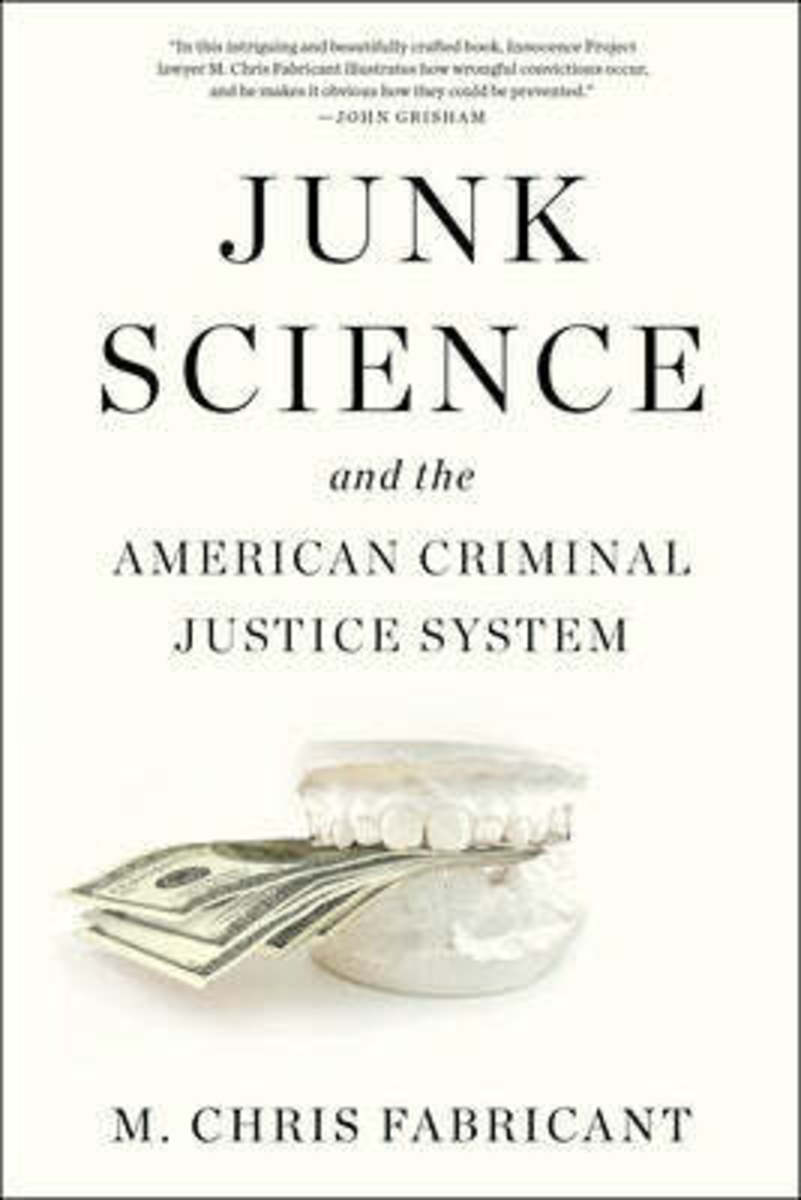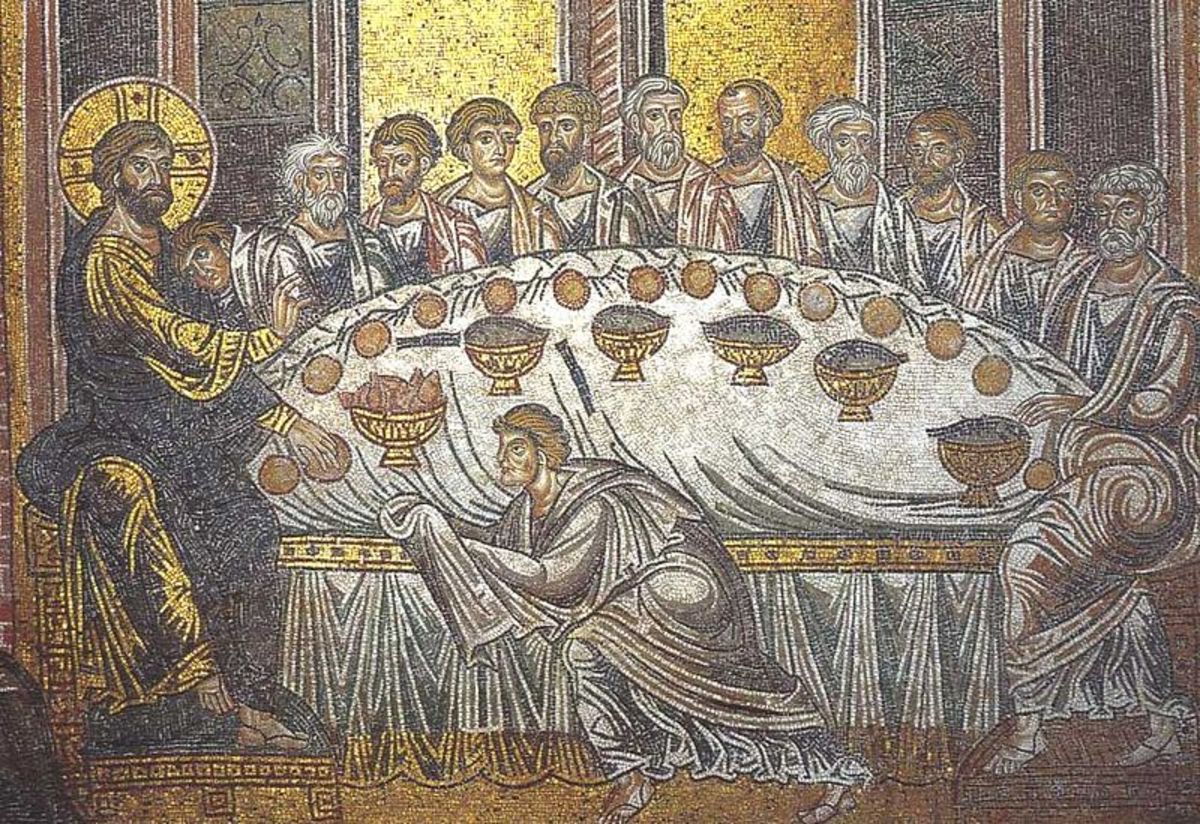Plea Bargaining in Criminal Justice: What is it About?
Incentives behind Plea Bargaining for Judges, Prosecutors, and Defendants
Plea bargaining refers to a method where an accused person reaches a mutually reasonable disposition with their defendant whereby; they agree that the accused pleads guilty so as to serve a lesser severe punishment. This agreement then is subject to the court’s approval before the deal materializes. Upon approving the plea bargain, the defendant pleads guilty, and the prosecutor dismisses certain charges and in some instances makes favorable recommendations on the sentence to the court. Plea bargaining does not require any trials once the defendant pleads guilty. It is expressed particularly in court rules and statutes. Overtime, several arguments have been made regarding the advantages and disadvantages of plea bargaining including how it affects the judicial justice system.
A criminal defendant, prosecutor or judge may have countless reasons for considering a plea bargain to a full trial. Trials take days, weeks, months or even years to complete, and judges and prosecutors may feel the increased pressure to quicken things in the court system. On his part, the defendant, who may be facing several other charges and a very long jail term, can have almost all the charges dropped and also the jail term reduced extensively. Further, the high attorney fees normally imposed on cases makes the trial’s cost unfavorable for those involved, and as such, disposing a case a long time before trial has a very large impact particularly to the defendant .
The defendant may also consider taking a plea bargain to evade having a lot of offences on their records. This is attributed to the fact that being convicted of some crimes may lead to some professional licenses being forfeited. Similarly, people convicted of felonies cannot own firearms, vote, or in certain court proceedings not allowed to testify as witnesses. Employers may also reduce to hire such people in the future. These and several other reasons makes plea bargaining an acceptable choice by defendants.
The defense on the other hand, will have very little work to do, and also monetary advantage when there is a successful plea bargain. The prosecutor therefore, gets a conviction and in this regard, may make alterations to the case in whatever way they see fit. Similarly, prosecutors are concerned with their congested calendars which mean that they are overworked and may need to work extra hours if the cases are to continue. They therefore, opt for plea bargaining to ease the work and get their calendars free.
For judges, their primary incentive is moving along their clogged calendars. Since they do not have the time to try all the cases that come to them, and some jails are overcrowded, they tend to release some convicted individuals before the end of their sentences. Their believe is that, plea bargains help to pass out offenders who may serve a longer time and as such reduce congestions in courts and in prison. The justice system has in the past few decades relied heavily on plea bargains to enable the system to move quickly. The judge is able to dispose a case that involves a plea much quicker and move on to the next one and in this way, the justice system is speeded.
Disadvantages of Plea Bargaining
There has been a rise in issues involving the rights of defendants, especially in the United States where plea bargaining has been in operation for a considerable amount of time. Arguments have been made about the defendant having a right to be tried by a jury. Plea bargaining skeptics have similarly argued that the system of criminal justice had become too soft on law breakers through the pleas which allow a lighter sentence in return for a guilty plea. Similarly, as soon as a defendant signs an agreement for the plea bargain and accepts the terms for pleading guilty, there is no other opportunity to appeal at any stage during the period of the trial. This therefore leads to a denial of justice for both the offender and the victim if there maybe.
Moreover, a prosecutor and a judge are not the final decision makers even if a plea works out and the defendant pleads guilty. In this light, if for anything the court turns down the plea, then the case will have to proceed all the way. The evidence presented to the court could have been altered and this could provide a loophole for dangerous criminals to get away with serious crimes. The innocent may also plead guilty to crimes they did not even commit since they fear getting a greater sentence once convicted, and this comes from the manipulations and threats that prosecutors use to intimidate them and make them plead guilty to a less serious crime. This therefore, means that the rights of the accused are mostly ignored by prosecutors in the quest to get them to plead.
How Plea Bargaining Undermines the system of Law
In essence, plea bargaining tends to undermine the system of law in many ways. To begin with, it actually stops the criminal justice system from happening. This is because it offers deals to the offenders of the law enabling them to get a lesser sentence instead of letting them pay for their crimes by serving a jail term. This is the absolute opposite of justice. There is evidence to suggest that 6 out of 10 cases get plea bargains yet the cases are pretty open. This method puts the rule of justice in criminal’s hands and puts unnecessary fear in innocent people’s hearts. Further, it enables guilty criminals to get minimal and outrageous sentences. What is more, plea bargaining have been found to make the process of law cheaper and weakens the retribution process. By putting the power of signing retribution on prosecutors, it creates loopholes for corruption and bias.
Plea bargaining is prosecutors and judge’s way of convicting as many people as possible without having to go through expensive trials. Prosecutors charge suspects then get the grand jury to impeach. Additionally, the prosecutors get charges on people who may never have the courage to stand for themselves in courts and they have no evidence for backing up the high charges they are accusing defendants with. As a result, a plea bargain seems like a very good deal due to the lower and fewer charges that come with it. This is an easy way for prosecutors, magistrates and judges, but undermines every right of defendants and the due process of the law entirely.
Conclusion
The aspect of plea bargaining in the justice systems should be reevaluated. This is because despite making work easier for prosecutors, magistrates and judges, it undermines justice in the sense that the truth of the matter may not be known. The defendant may be “coerced” or justice decide to take a plea bargain even if he or she did not commit the offense so as to evade the long court proceedings or staying in remand centers. Therefore, the defendant may consider this in order to be given a jail term so that he can commence immediately. On the other hand, one who committed a dangerous crime may opt to take a plea bargain so as to receive a lighter sentence and to avoid a full disclosure of his or her crime. In this way, justice is impaired.








